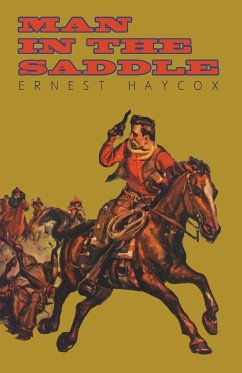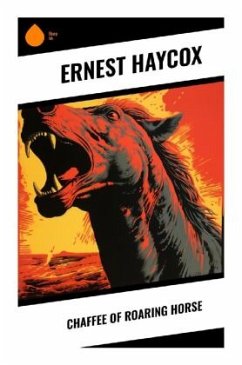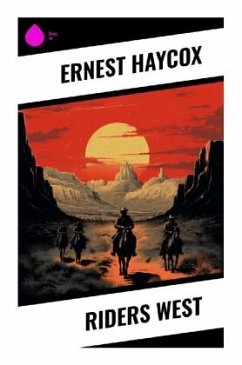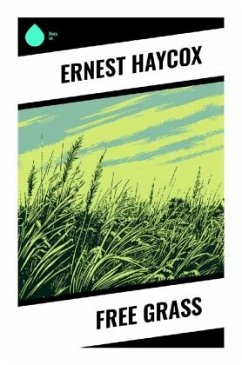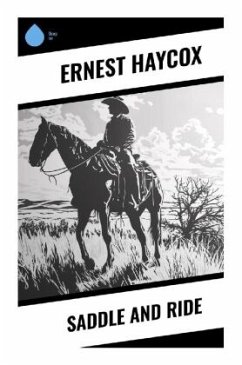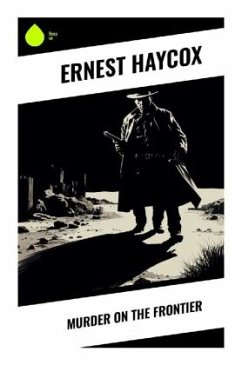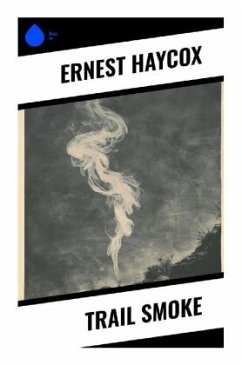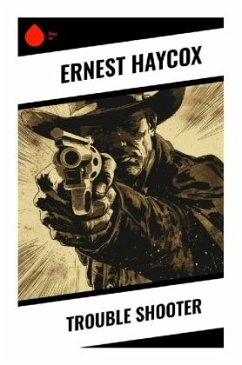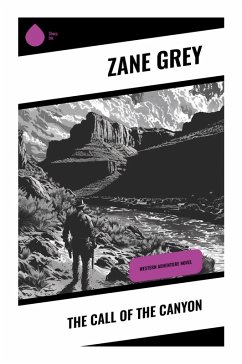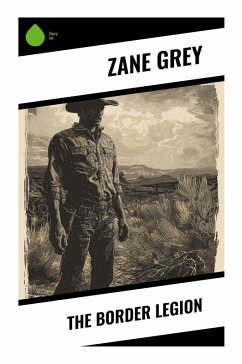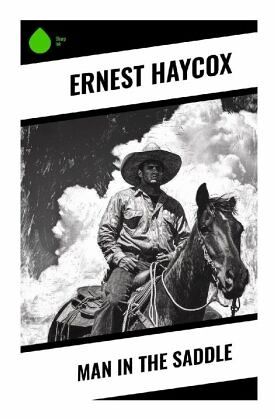
Man in the Saddle
Versandkostenfrei!
Versandfertig in 6-10 Tagen
10,50 €
inkl. MwSt.
Weitere Ausgaben:

PAYBACK Punkte
0 °P sammeln!
In "Man in the Saddle," Ernest Haycox delivers a masterful tale set against the rugged backdrop of the American frontier, exploring themes of ambition, conflict, and the inexorable struggle between personal desires and societal expectations. Through Haycox's vivid prose and keen characterizations, the reader is drawn into a world where the stark realities of life in the Wild West are juxtaposed with deeply human motivations. The narrative unfolds with a dynamic pacing, encapsulating the grit and turmoil of a society on the brink of modernization, while employing a lyrical style synonymous with...
In "Man in the Saddle," Ernest Haycox delivers a masterful tale set against the rugged backdrop of the American frontier, exploring themes of ambition, conflict, and the inexorable struggle between personal desires and societal expectations. Through Haycox's vivid prose and keen characterizations, the reader is drawn into a world where the stark realities of life in the Wild West are juxtaposed with deeply human motivations. The narrative unfolds with a dynamic pacing, encapsulating the grit and turmoil of a society on the brink of modernization, while employing a lyrical style synonymous with Haycox's ability to blend drama and moral complexity. Ernest Haycox, a prominent figure of the Western genre, drew from his experiences growing up in the American West, which deeply informed his storytelling. His background, combined with extensive research into the historical context of the frontier, allowed him to create authentic narratives that resonate with the struggles of his characters. Haycox's oeuvre often reflects on the conflicts of his time, making him a pivotal voice during the early 20th century, a period marked by rapid change and introspection in American life. For readers seeking an engaging dive into Western literature, "Man in the Saddle" is a quintessential exploration of human character set against the backdrop of American history. Haycox's nuanced approach not only entertains but also invites reflection on timeless themes, making this work a must-read for enthusiasts of literary fiction and Western lore alike.




